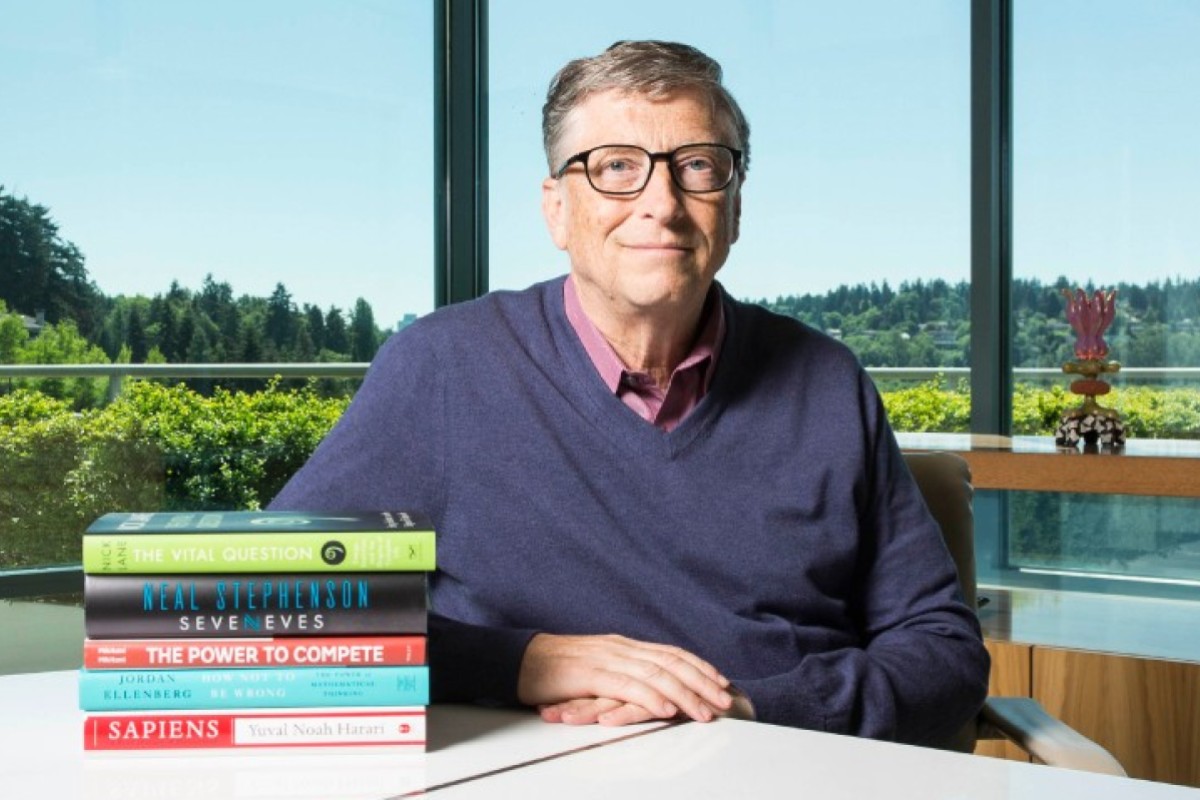
Five books billionaire Bill Gates thinks you should read this summer
Here are his recommendations: The Song of the Cell by Siddhartha Mukherjee. A self-proclaimed non-fan of biology as a child, Gates reckons he would have developed a much stronger affinity for the.
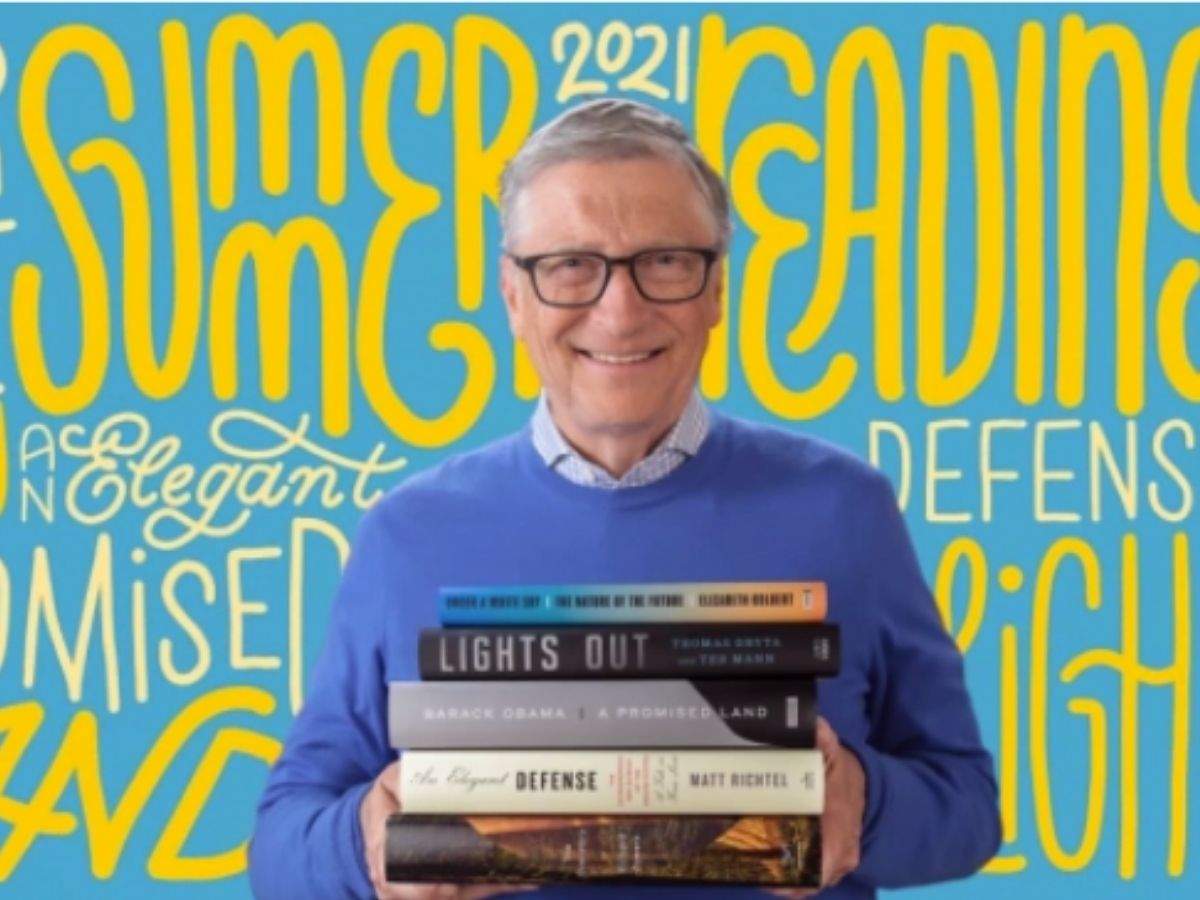
Bill Gates 5 books by Bill Gates for summer 2021
Jun 15, 2021, 2:32 AM PDT. Microsoft cofounder Bill Gates. Paul Richards/AFP via Getty Images. Bill Gates released his summer reading list on Monday. Gates recommended five books that he said.
Bill Gates has some summer reading for you LA Times
The rest of the story is all about how he uses science and engineering to save the day. It's a fun read, and I finished the whole thing in one weekend. Bill Gates recommends five books for holiday reading in 2021: 'A Thousand Brains', 'The Code Breaker', 'Klara and the Sun', 'Hamnet', and 'Project Hail Mary'.

Bill Gates book Steven Pinker's "Enlightenment Now
Feb 12, 2021 - "I used to ask my teachers what their favorite books were and make my way through the lists they gave me."
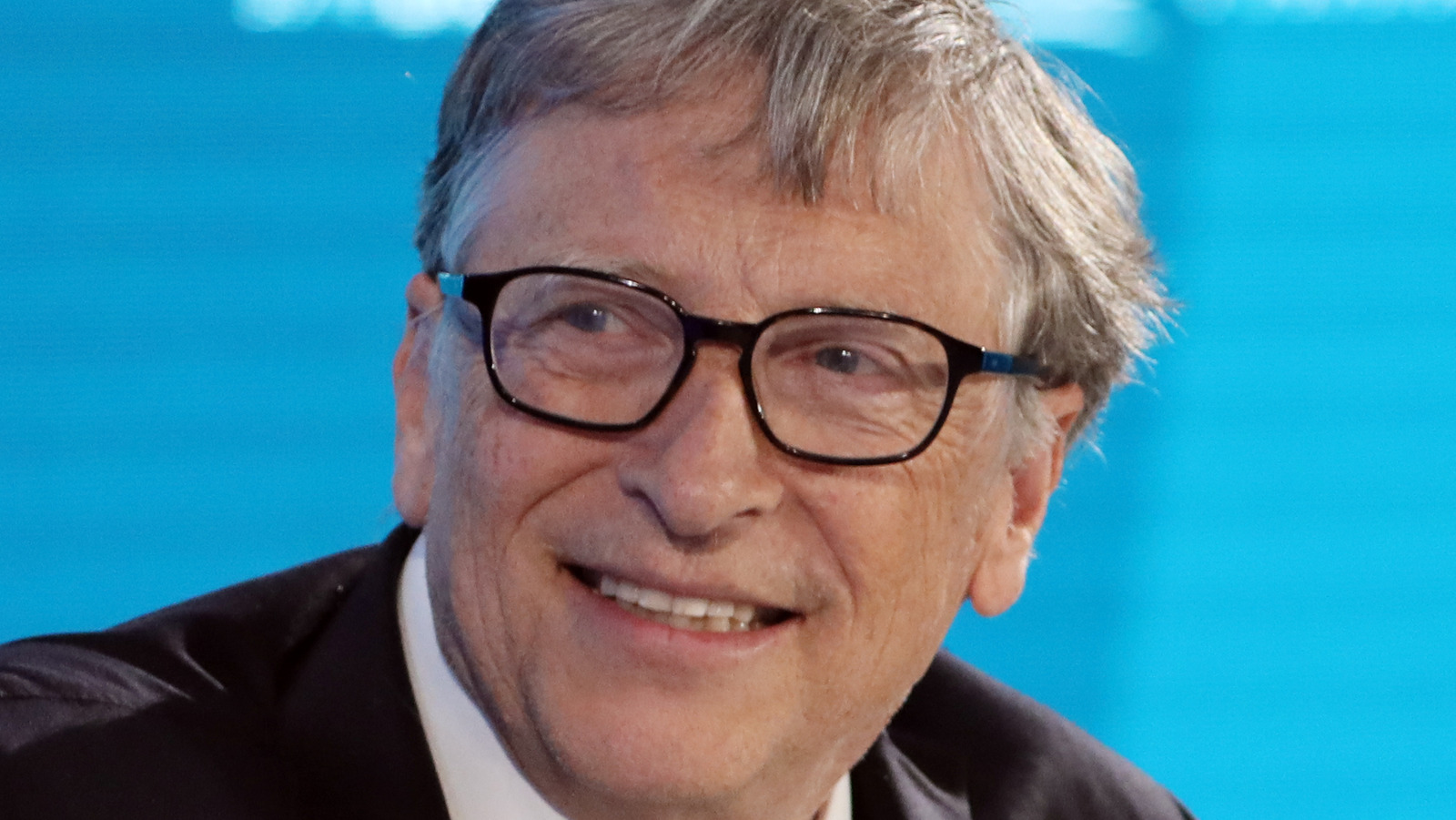
A Look Inside The Life Of Bill Gates
On his belief that the world has to reduce emissions of greenhose gasses from 51 billion tons a year to zero Sadly, as long as you're emitting CO2, you're causing the temperature to go up.

Bill Gates book list 2018 "Educated" and "Bad Blood" — Quartz
Bill Gates has 5 book recommendations for your 2022 summer reading list: 'Compelling without sacrificing any complexity'. Bill Gates holds the five books he's recommending for summer reading.
Fact check Bill Gates has given over 50 billion to charitable causes
8.9K subscribers in the nytimes community. Formerly, the Official New York Times Subreddit. Premium Explore Gaming. Valheim Genshin. Food and Drink History Hobbies Law Learning and Education Military Movies Music Place Podcasts and Streamers Politics Programming Reading,. Bill Gates Has Always Sought Out New Reading Recommendations.
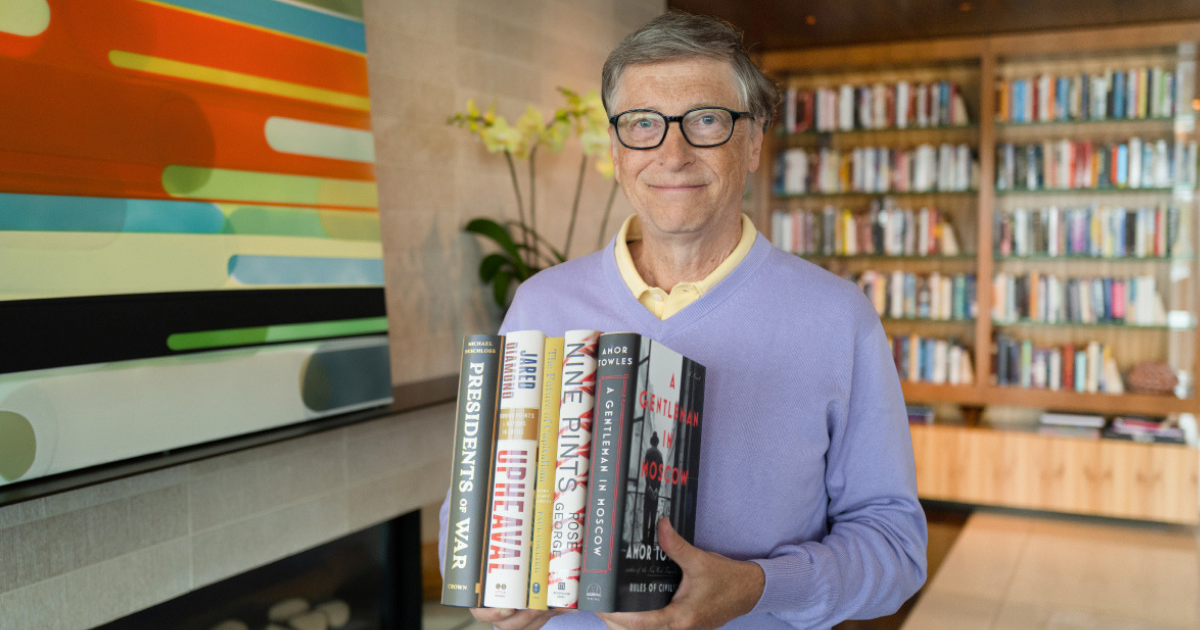
Bill Gates Shares His Summer Reading Goodreads News
In his new book, "The Bill Gates Problem," the journalist Tim Schwab dismisses that makeover as a fanciful fable. The real Gates, according to Schwab, remains a power-hungry, narcissistic.

Bill Gates' new reading list includes 'Good Economics for Hard Times'
Bill Gates Has Always Sought Out New Reading Recommendations. Jillian Tamaki. Feb. 11, 2021. "I used to ask my teachers what their favorite books were and make my way through the lists they gave.

Bill Gates Serves as Time’s First Outside Editor in Jan. Issue Observer
The Choice: Embrace the Possible by Dr. Edith Eva Eger. Cloud Atlas by David Mitchell. The Ride of a Lifetime by Robert Iger. The Great Influenza by John M. Barry. Good Economics For Hard Times by Abhijit V. Banerjee and Esther Duflo. The Martian by Andy Weir.

Bill Gates Has Regrets WSJ
Feb 14, 2021 - This Pin was discovered by Marlys Nitchals. Discover (and save!) your own Pins on Pinterest
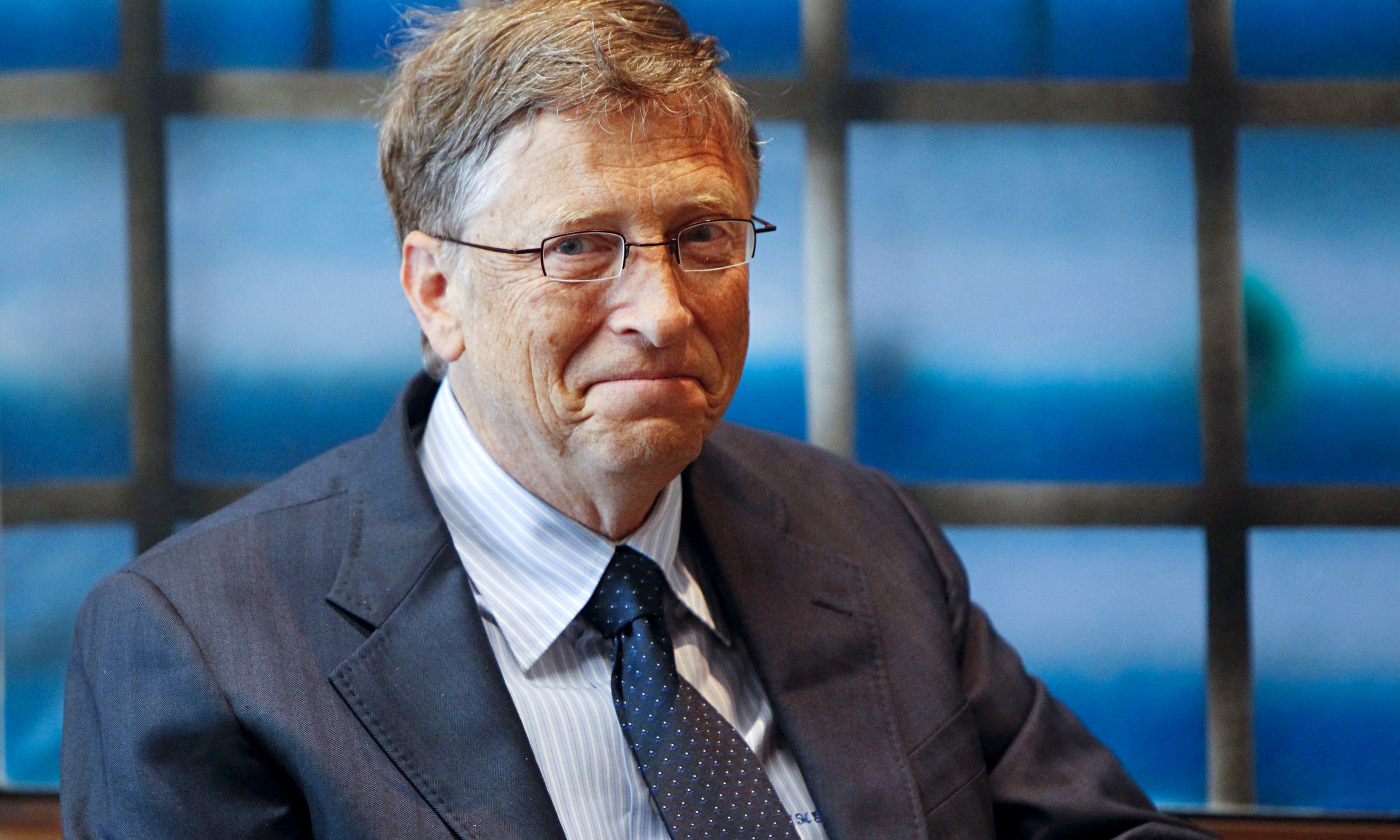
Bill Gates creates instant book hit by revealing favourite business
A Gentleman in Moscow has a little bit of everything. Towles's novel is technically historical fiction, but you'd be just as accurate calling it a thriller or a love story. Looking for a new read? Bill Gates is an avid reader, and he's sharing his reviews and recommendations of the books he finds especially thought-provoking.
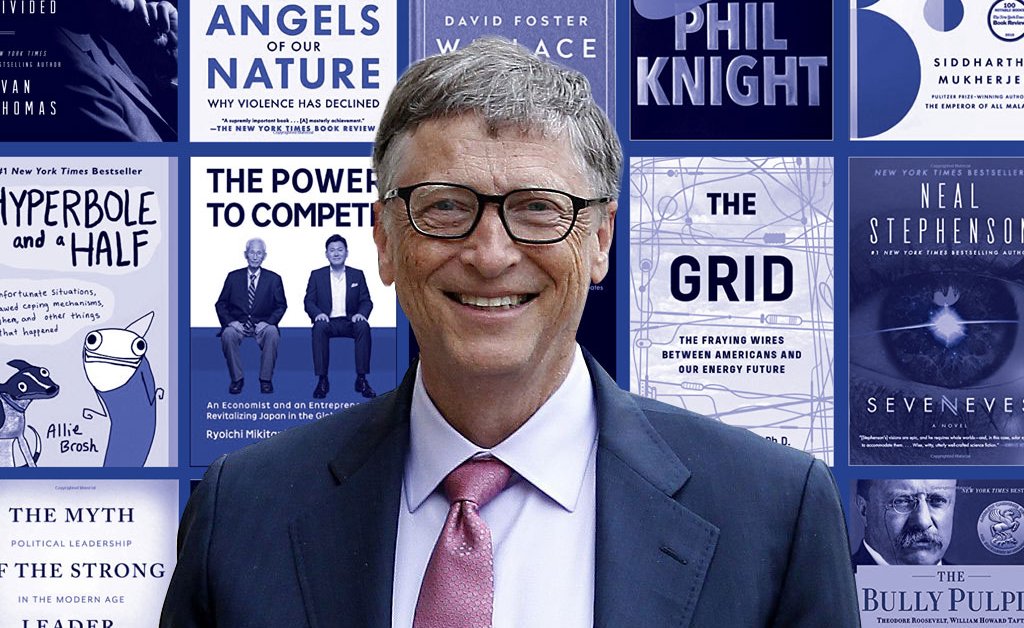
Every Book Bill Gates Has Ever Published Time
The result has been the most unusual and difficult year of my life. (I suspect a lot of the people reading this might say the same.) 2020 had a brief period of relative normalcy before COVID-19 upended everything. In 2021, the pandemic has dominated our lives since day one.

Bill Gates Has Always Sought Out New Reading The New
Billionaire Bill Gates poses with the five books he read in 2021 that he recommends for readers during the holiday season. Bill Gates wants you to read more science fiction. On Monday, Gates.

Bill Gates unveils 100M plan to fight Alzheimer's, dementia
One suggestion from Gates is by making Green Premiums — the additional cost of choosing a clean technology over one that emits more greenhouse gases — affordable for low-income countries to implement clean technology. 2. Innovation, and massive investment, will help us develop clean technology. One of the reasons why taking action on.

Bill Gates Has a Master Plan for Battling Climate Change WSJ
Length: 41 hours, 32 minutes. What Gates said: "I can't read enough about Abraham Lincoln, and this is one of the best books on the subject. Goodwin is one of America's best biographers.